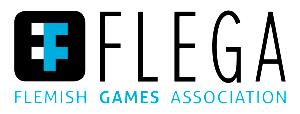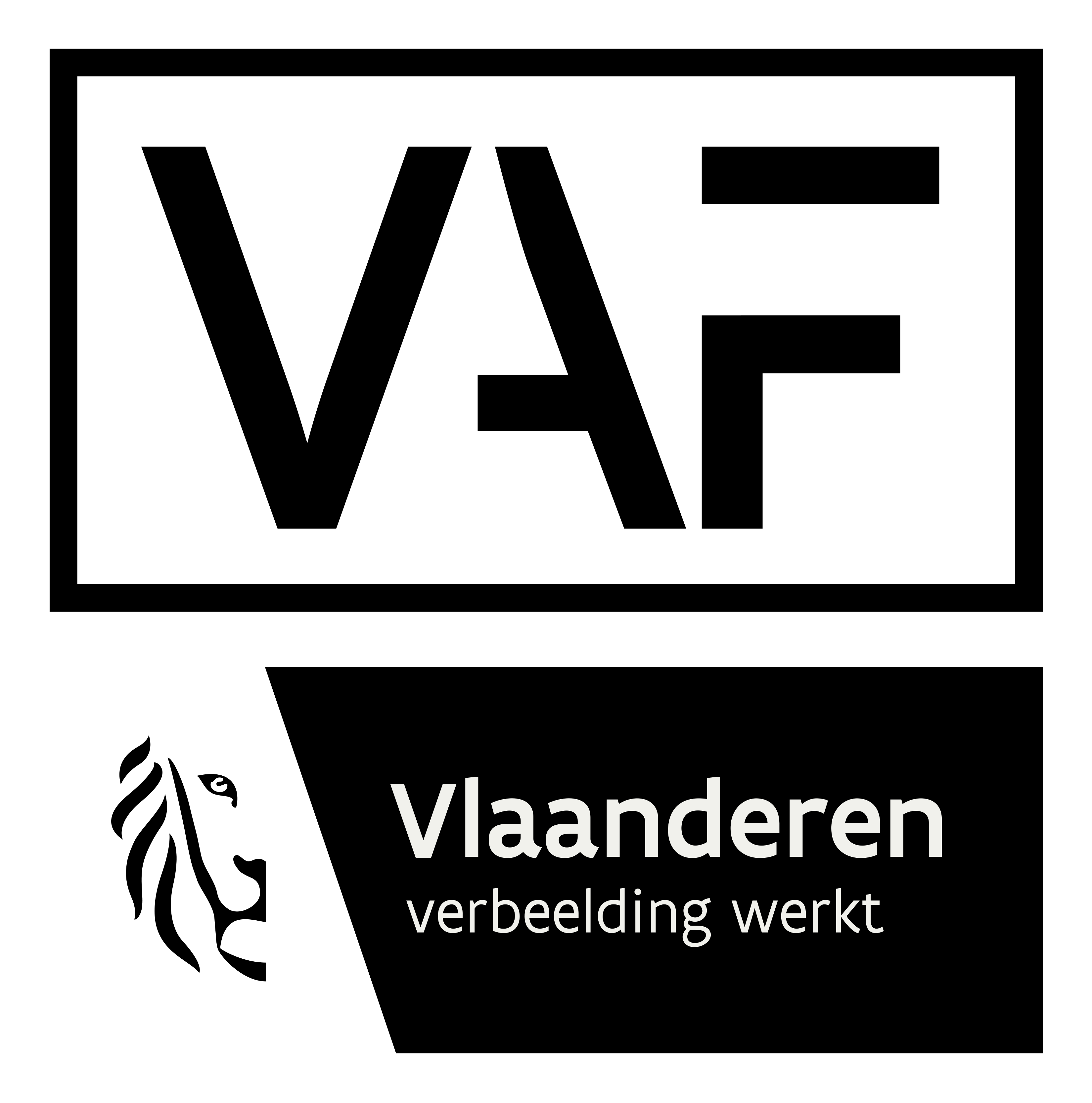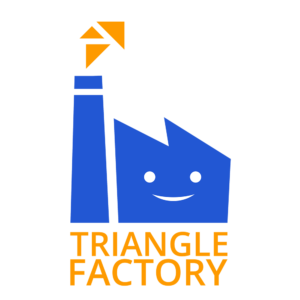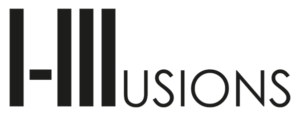Let’s start the day with a little known fact: what do famous people like Aristotle, Rowan Atkinson, and Winston Churchill have in common? They were all stutterers! Having trouble with fluent speech doesn’t prevent you from making something of yourself, yet if caught and treated early, it can result in a boost of confidence and better social inclusion.
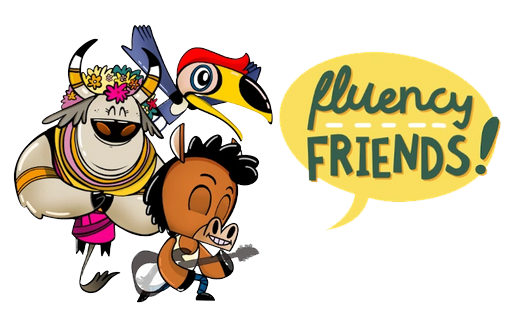
That’s why Leuven based startup SAY IT Labs is working on a game to help children who are having trouble speaking fluently. Speech experts say the only thing that really helps stutterers is regular and repeated speech exercise. Children don’t like to go to the speech therapist, but they do like playing games. Fluency Friends wants to make it easier and more fun to continue their exercises at home, which hopefully leads to better progress.
In Fluency Friends you play a singer-songwriter horse who finds himself literally speechless after a plane crash. In order to retrieve his voice he will have to brave the challenges on different islands. Each island will practice a different technique and kids will have to master it before being able to move on to the next.
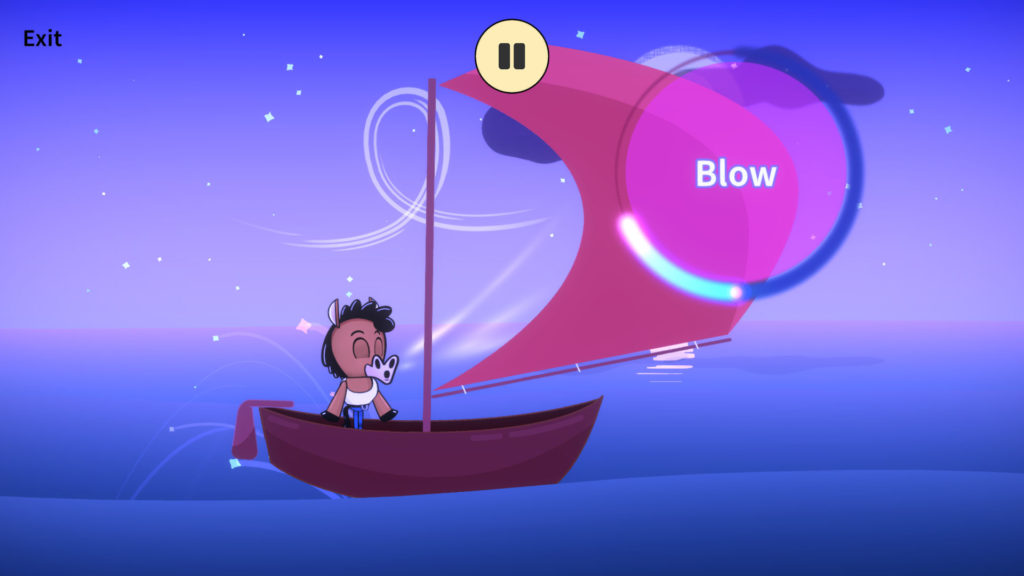
The only thing players need to jump over crocodiles, swim with dolphins, or climb beanstalks is their voice. Kids will learn to appreciate their voice as a fantastic tool as it is used to manoeuver around obstacles or collect secret objects. The game is developed as an addition to classic speech therapy, not as a replacement.
SAY IT Labs is helmed by two Belgian speech therapy and technology veterans. Canadian-born Erich Reiter worked on the team at Nuance Communications that developed Siri for Apple, and partner in crime Lukas Latacz has a PhD in speech technology engineering. To translate regular voice recognition technology into an algorithm that can help people with speech difficulty, the two co-founders are getting extra support by American speech fluency specialists Susan Fosnot and Frances Ruth Freeman.
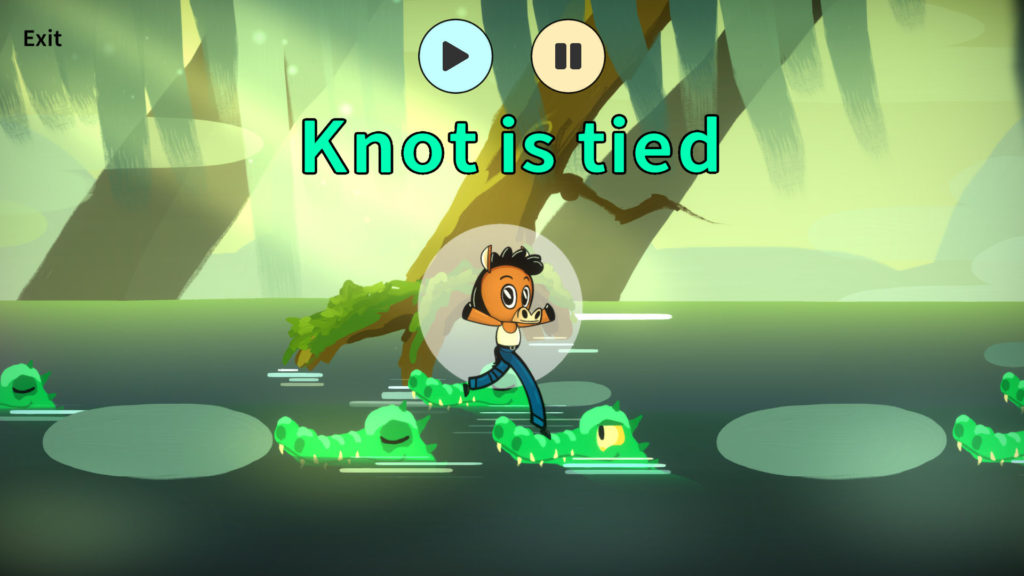
Fluency Friends is due for an English release later this year on mobile devices and pc. As the project has received funding from both Koning Boudewijnfonds and VAF/GAME, there’s also a Dutch version in the works that’s bound to see the light of day in 2021.
